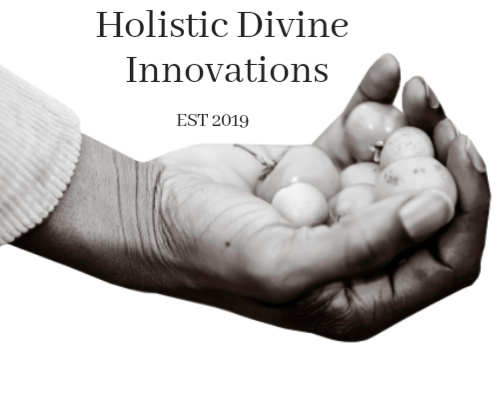Staying home might be the healthiest option right now, but that doesn’t make it easy. Especially for couples and families, tensions are high with everyone in such close quarters. There are ways to make things easier, though. Here are five strategies for restoring peace at home.
Unplug and Head Outside
It’s a scientific fact that spending time in nature can help reduce stress. But unfortunately, many kids (and their adults) don’t spend enough time in nature. To combat nature deficit, the whole family can head outside together—whether to the backyard, a nearby park, or even a campsite.
Once you’re in the great outdoors, active pursuits can help the whole family burn off stress and stay healthy. Biking, hiking, running, and even rock climbing are excellent ways to get moving while enjoying the fresh air and sun.
If you’re not sure where to start, or just need some motivation, consider working with Holistic Divine Innovations for personalized support to help you connect with nature and, therefore, yourself.
Plug in (Together)
While too much screen time can be detrimental, there are perks to technology, too. For example, bored kids and adults can bond over gaming. Studies suggest that intergenerational game play is great for kids’ development and family relationships, notes Forbes. Choosing games you can play side-by-side can also encourage kids to open up about their fears and stressors. For couples, gaming together can help strengthen your bond.
Of course, if you want to play online multiplayer games like Fortnite, you’ll need the right equipment. If your internet is lacking, consider an alternative fiber optic service from a company like Verizon. With robust internet, the whole household can play games and handle downloads without unbearable lag time.
Enlist Outside Help
Whether it’s seeking therapy with remote check-ins or getting assessed for a health issue, “doing work” on yourself can help ease tension at home. Very Well Mind highlights online therapy options for everything from couples therapy to peer support to psychiatry consultations.
Whatever you choose, learning new coping strategies can help you handle your kids’ meltdowns, your partner’s frustrations, and household drama a bit easier. Plus, if you’re struggling with your mental health, talking to a professional might be the first step toward feeling better.
Start New Routines
Being stuck at home has thrown a wrench in many families’ regular routines. Since no one’s leaving for work, school, or even grocery shopping on a regular schedule anymore, days can become muddled. One way to reclaim the calm in your home is by establishing new routines.
Parents know that routines are beneficial for babies’ and toddlers’ development, but they’re helpful for the whole family, too. As Motherly explains, “routines and rituals” can help your family connect more effectively and experience more joy together.
Think about implementing routines for mealtimes, schoolwork, and your working hours. But be sure to factor in memory-making routines like movie nights, special desserts, or backyard campouts, too. You can even have a routine of regular house cleaning and decluttering together so that you can cut back on chores and spend more time doing the things you love.
Learn a New Hobby
For both children and adults, spending time on enjoyable hobbies can be rewarding. Relaxing indoor activities can also help you recover after a tough day or help reduce anxiety. Of course, a hobby like rock climbing or birdwatching can be rewarding, too.
All ages can get in on family-friendly hobbies like learning a new language, knitting, scrapbooking, or cooking. Whether you want to stay indoors or head out, a hobby can help pass the time and keep your brain busy.
Staying home in self-isolation can mean lots of pent-up frustration. But by being proactive about relieving stress, you can help your household feel calmer and more at ease. It’s not easy to isolate, but implementing these strategies is a step toward a more bearable lockdown experience for everyone.
Photo via Rawpixel
Article written by Emma Grace





